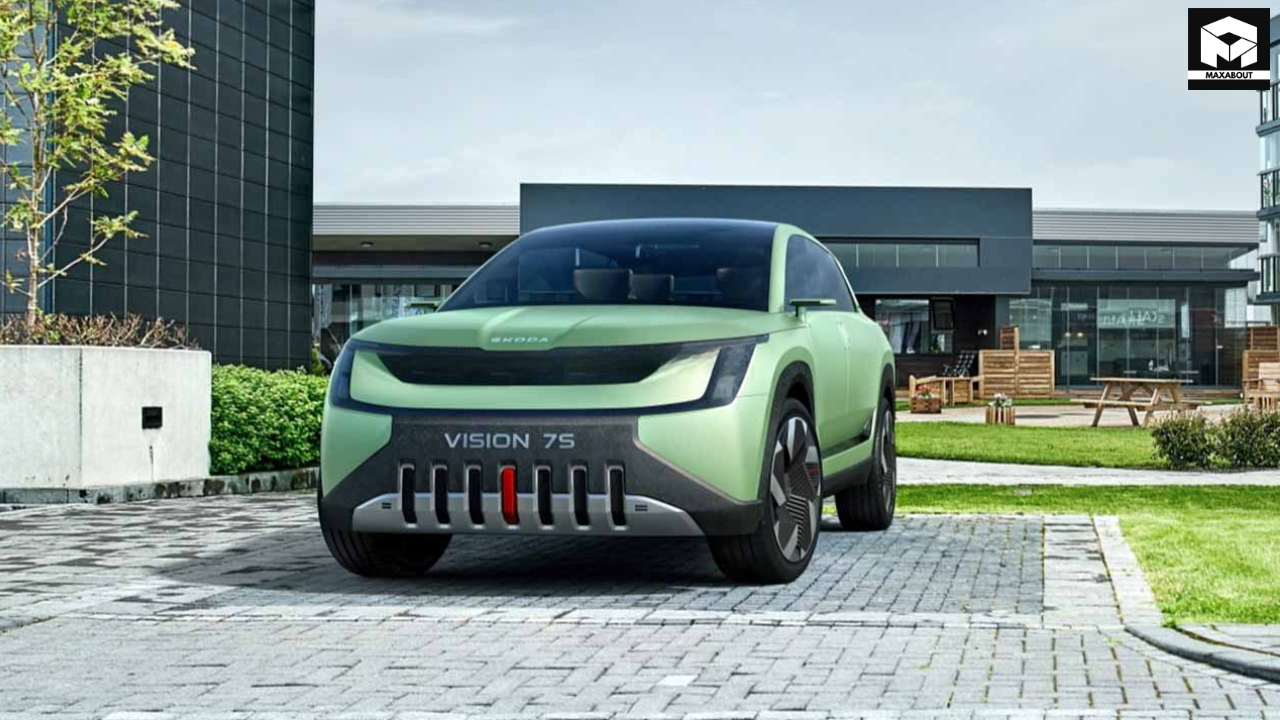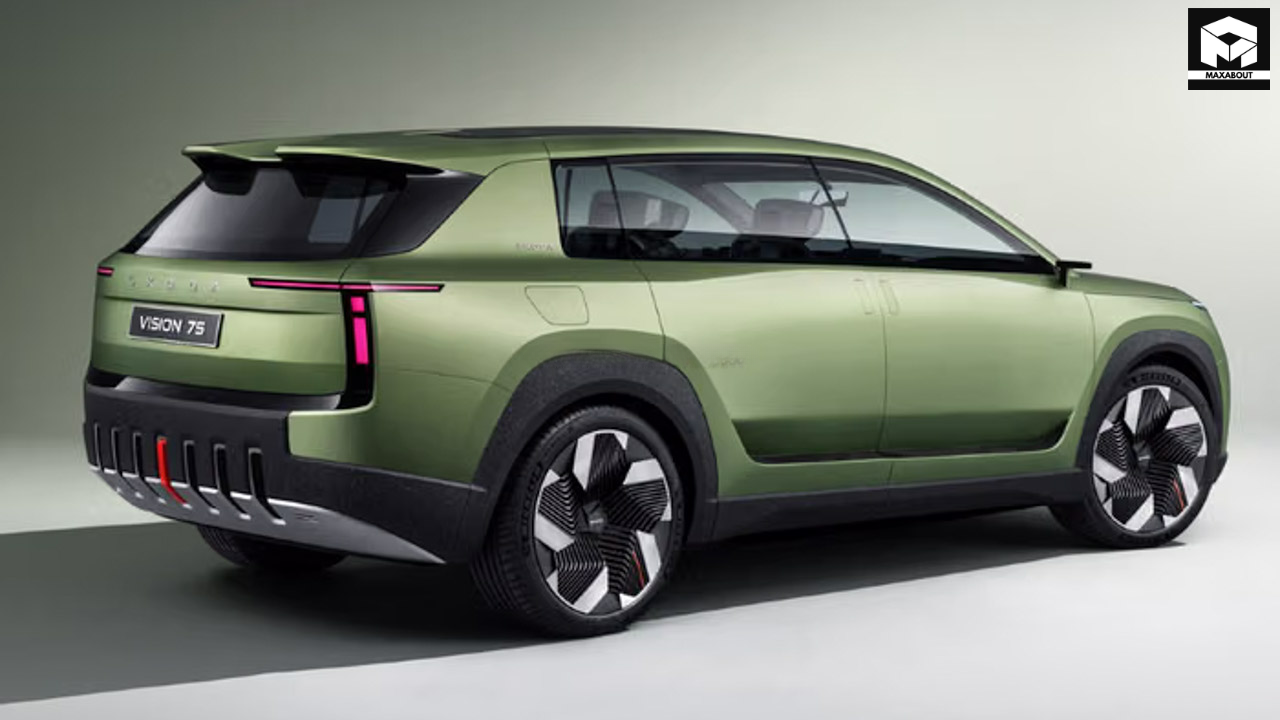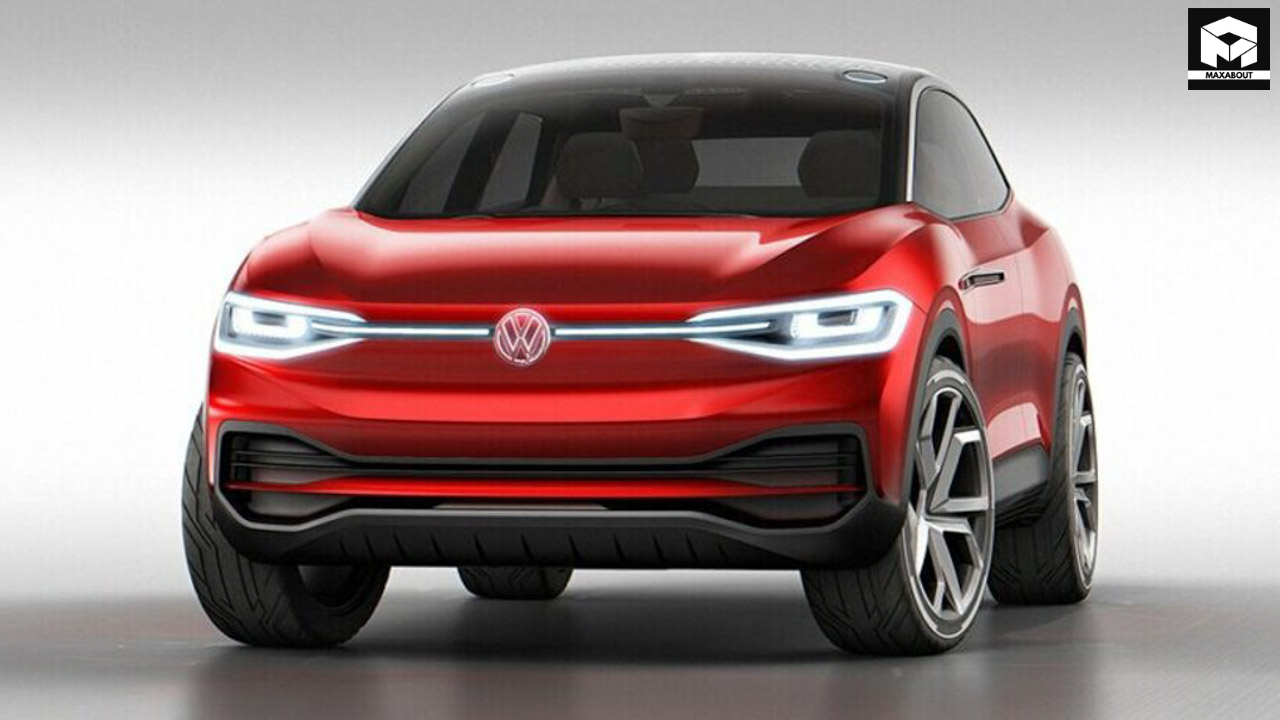Introduction
The Indian automotive market is witnessing interesting developments as Skoda Volkswagen reportedly considers a joint venture with JSW Group for producing future SUVs. As an automotive analyst following industry developments closely, I find this potential partnership particularly noteworthy given the current competitive landscape and Volkswagen Group's India 2.0 strategy.
According to industry reports, discussions between Volkswagen Group and JSW are in preliminary stages, with both entities exploring synergies for locally manufactured SUVs. While official confirmation is still pending, this collaboration could significantly impact Volkswagen Group's trajectory in India's rapidly growing SUV segment.
Let's examine what this potential joint venture might mean for consumers, the companies involved, and the broader automotive ecosystem in India.
Understanding the Potential Partnership

Reports suggest that Volkswagen Group, which operates the Skoda and Volkswagen brands in India, is considering JSW Group as a strategic partner to strengthen its SUV portfolio. JSW Group, primarily known for its steel and energy businesses, has been looking to diversify into automotive manufacturing.
Why JSW Group?
JSW brings several valuable assets to the table:
- Strong manufacturing expertise in heavy industries
- Established supply chain networks across India
- Substantial financial resources for capital investments
- Experience in managing large-scale industrial operations
- Deep understanding of the Indian industrial landscape
For Volkswagen Group, which has faced challenges with localization and cost optimization in India, JSW's manufacturing prowess could be particularly valuable. According to automotive industry analysts, such partnerships are increasingly common as global automakers seek local expertise to navigate India's complex market dynamics.
Current Status of Discussions
While both companies have maintained official silence on the matter, industry sources indicate that the talks are in exploratory phases. The discussions reportedly center around:
- Establishing a new manufacturing facility
- Technology transfer arrangements
- Investment sharing structure
- Product development responsibilities
- Distribution and after-sales service networks
Potential Impact on Future SUV Lineup

If this joint venture materializes, we could see significant changes in Skoda and Volkswagen's SUV offerings in India. Based on current market trends and Volkswagen Group's global portfolio, several possibilities emerge.
Likely SUV Models Under Consideration
The joint venture might focus on developing and producing:
- Compact SUVs in the sub-4-meter segment to compete with Maruti Brezza, Tata Nexon
- Mid-size SUVs to strengthen the position already established by Kushaq and Taigun
- Potentially, larger 6/7-seater SUVs to enter the rapidly growing segment
- Electric SUV variants aligned with both companies' sustainability goals
Industry observers note that Volkswagen Group's MQB-A0-IN platform, already localized for India, would likely form the foundation for these new models. The platform currently underpins the Skoda Kushaq and Volkswagen Taigun, which have received generally positive market response despite pricing challenges.
Technology and Powertrain Options
In terms of powertrains, we might expect:
- Continued focus on TSI petrol engines with various states of tune
- Possible introduction of mild-hybrid technology to improve efficiency
- Medium-term plans for electric powertrains as the market matures
- Limited diesel options, given Volkswagen Group's global shift away from diesel
The joint venture could also accelerate the localization of key components, potentially enabling more competitive pricing – a factor that has historically limited Volkswagen Group's market penetration in India.
Business Rationale and Market Strategy

Looking at this development from a business perspective, several strategic factors appear to be driving this potential collaboration.
Volkswagen Group's Motivation
For Skoda Volkswagen, the key motivations likely include:
- Reducing manufacturing costs through deeper localization
- Accessing additional production capacity without major capital expenditure
- Leveraging local expertise to better address Indian market needs
- Accelerating market penetration in the highly competitive SUV segment
- Distributing business risk in a challenging market
According to industry data, Volkswagen Group currently holds approximately 3-4% market share in India. A successful joint venture could potentially help increase this to more competitive levels in the medium term.
JSW Group's Strategic Interests
For JSW, the automotive sector represents a logical diversification:
- Entry into the high-value automotive manufacturing space
- Backward integration opportunities for its steel business
- Technology transfer from a global automotive leader
- Portfolio diversification beyond current core businesses
- Long-term growth in a sector aligned with India's economic trajectory
JSW has reportedly been exploring automotive manufacturing opportunities for several years, making this potential partnership a significant step in their diversification strategy.
Frequently Asked Questions
When might this joint venture be officially announced?
While exact timelines remain speculative, based on typical industry processes, formal announcements would likely occur only after definitive agreements are reached, which could take several months from the initial discussions.
How might this affect existing Skoda and Volkswagen models?
Current models would likely continue production in existing facilities, with the joint venture focusing on new models and future generations of current SUVs.
Would the JV impact vehicle pricing?
Increased localization typically enables more competitive pricing, so consumers might eventually see more accessible price points for Skoda and Volkswagen SUVs if the venture succeeds in its localization objectives.
Is this Volkswagen's first such partnership in India?
Volkswagen previously had a partnership with Mahindra that didn't materialize into significant product development. The group also explored cooperation with Tata Motors in 2017 that was later discontinued.
Conclusion
The potential Skoda Volkswagen-JSW joint venture represents an intriguing development in India's automotive landscape. If realized, it could address several longstanding challenges for Volkswagen Group in India while providing JSW a strategic entry into automotive manufacturing.
For consumers, the most tangible outcome might be a wider range of Skoda and Volkswagen SUVs at potentially more competitive price points. Industry watchers should monitor official announcements in the coming months for confirmation and specific details of this arrangement.
As with any major industrial collaboration, execution will ultimately determine success. The ability to effectively combine Volkswagen's automotive expertise with JSW's manufacturing prowess and local market understanding will be crucial to achieving the strategic objectives of both partners.
This development also reinforces India's growing importance as both a consumption market and production hub for global automakers, further cementing its position in the global automotive ecosystem.

